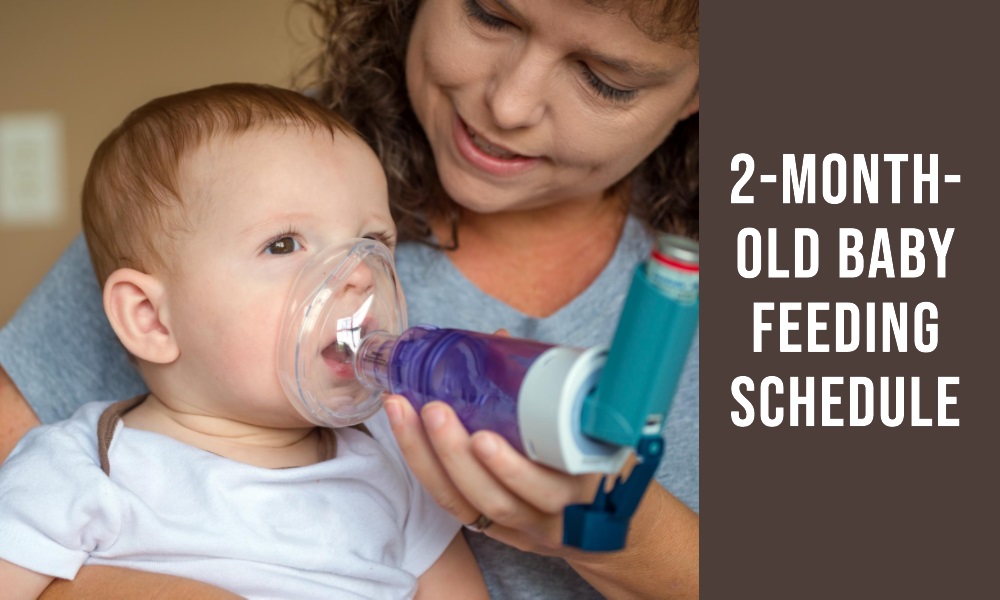Babies grow at an astonishing rate during their early months, and much of that growth is powered by what they eat. But for new parents, feeding frequency can become a major point of concern. Specifically, how often should a 2-month-old eat? This detailed guide seeks to answer this common question by examining both breastfeeding and formula-feeding scenarios, providing insights into hunger cues, and outlining signs that your baby is getting adequate nourishment.
Breastfeeding: A Natural Yet Varying Routine
Frequency & Duration
During the first few weeks, breastfeeding is typically on-demand, meaning that you should nurse when your baby shows signs of hunger. By two months, many babies have a more predictable feeding pattern, often nursing about 7-9 times per day. The length of each feeding session can vary but often ranges between 15-30 minutes.
Learning the Hunger Cues
It’s important to watch for signs your baby is hungry, rather than adhering strictly to a schedule. Common hunger cues include:
- Rooting around for the nipple
- Sucking on their hands or making sucking sounds
- Increased alertness or fussiness
Formula Feeding: Precision in Every Bottle
Frequency and Quantity
Formula-fed infants typically eat less frequently than breastfed babies. A 2-month-old will generally consume about 4-6 ounces of formula per feeding and will eat every 3-4 hours, translating to approximately 6-8 feedings in a 24-hour period.
Preparation & Timing
Make sure you prepare the formula as per the manufacturer’s instructions. Remember that over-concentrating or diluting the formula can lead to nutritional imbalances.
Signs Your Baby is Getting Enough
Steady Weight Gain
One of the most significant indicators that your baby is eating adequately is consistent weight gain, averaging around 150-200 grams (5-7 ounces) per week.
Adequate Diaper Output
Monitor your baby’s diapers. An adequately fed 2-month-old will generally have about 6-8 wet diapers and 1-2 bowel movements per day.
Alertness & Contentment
A well-fed baby will usually appear content, alert during waking periods, and will engage with their surroundings.
When to Seek Medical Advice
Consult your pediatrician if you notice:
- No weight gain or loss of weight
- Signs of dehydration, such as fewer than 6 wet diapers a day
- Persistent fussiness or lethargy
Frequently Asked Questions
Q: Can you overfeed a 2-month-old?
A: While harder with breastfeeding, overfeeding is possible, especially with formula. Signs include frequent spit-ups, diarrhea, or fussiness.
Q: Is it okay to put my baby on a feeding schedule?
A: By two months, many parents find that their baby naturally falls into a somewhat predictable feeding routine. However, hunger cues should always be the priority.
Q: Can I introduce solid foods?
A: The American Academy of Pediatrics recommends exclusive breastfeeding or formula feeding until about 6 months of age.
Q: Should I wake my 2-month-old for feedings?
A: If your baby is gaining weight adequately and has been given the all-clear by the pediatrician, there’s usually no need to wake them for feedings.
Conclusion
By the time your baby is two months old, you’ve likely settled into some form of feeding routine. Remember, the primary indicators of adequate feeding are consistent weight gain, sufficient diaper output, and general contentment between feedings. Always consult your pediatrician for personalized advice, especially if you have concerns about feeding frequency or quantity.








